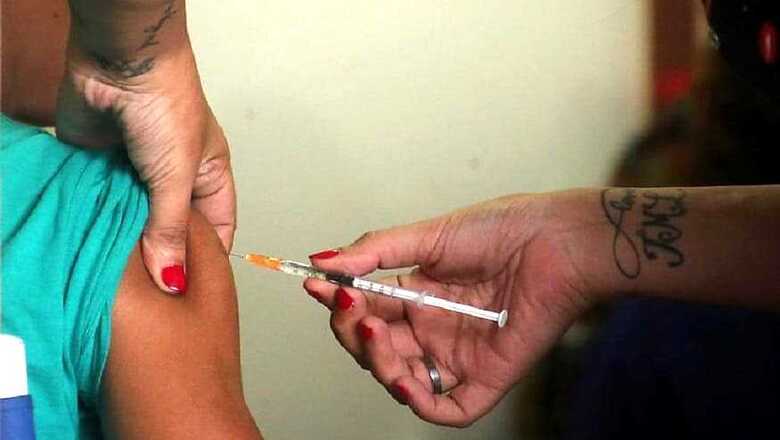
views
New Delhi: Favouring a "patient-centric" approach, the Supreme Court has ordered a hospital in Madhya Pradesh to pay Rs 15 lakh in compensation for death of a patient, who was admitted with symptoms of dengue but her vital parameters were not monitored for over 12 hours.
The top court further held that it is not sufficient to show that established norms were followed in treating a patient because charge of medical negligence would also arise if the practitioners fail to show standard care and reasonableness.
In the present case, a bench headed by Justice DY Chandrachud set aside the judgment by the National Consumer Commission to hold Bhopal-based Chirayu Health and Medicare Hospital guilty of negligence in treating 56-year-old Madhu Manglik.
Madhu was admitted in the hospital on November 15, 2009 at 7:30 am after being diagnosed with dengue fever. She was admitted to the ICU immediately and was placed on a regime of administering intravenous fluids.
Madhu, who also had a history of cardiac complications, suffered a stroke at 6:45 pm and a second heart attack at 8 pm. She was declared dead at 8:50 pm.
The Supreme Court noted that even though Madhu was given medicines as per established practice, the circumstances show the hospital erred in adhering to the standard of care by not monitoring her vital parameters for 12 hours after she was admitted.
"The real charge of medical negligence stems from the failure of the hospital to regularly monitor the blood parameters of the patient during the course of the day. Had this been done, there can be no manner of doubt that the hospital would have been alive to a situation that there was a decline progressively in the patient’s condition which eventually led to cardiac arrest," noted the bench, also comprising Justice Hemant Gupta, in a recent judgment.
It added that the essential aspect of the case is that between 7:30 am when the patient was admitted to hospital and 6 pm when she developed cardiac arrest, the course of treatment does not indicate any further monitoring of essential parameters particularly those which could be detected by a laboratory analysis of blood samples.
"The requirement of carefully monitoring a patient in such a situation is stipulated both by the guidelines of the World Health Organisation on which the appellant has placed reliance as well as in those incorporated by the Directorate of the National Vector Borne Diseases Control Programme in 2008," said the bench.
The patient was evidently suffering from abdominal discomfort and hospital authorities were required to closely monitor her condition, held the court.
"In failing to do so in a timely manner, the respondents were unable to meet the standard of reasonable care expected of medical services... Our law must take into account advances in medical science and ensure that a patient-centric approach is adopted," underlined the apex court.
The bench then set aside the National Consumer Commission's order that had let the hospital off the hook.
It further noted that although Madhu was a homemaker, the precedents have laid down that there is a significant monetary equivalent to her services.
"We accordingly, direct that the appellant (Madhu's husband) shall be entitled to receive an amount of Rs 15 lakh by way of compensation from the hospital," directed the bench.
Directing Chirayu hospital to pay within two months, the court also awarded an interest of 9 per cent per annum from the date of the institution of the complaint by Madhu's husband until payment or realisation.










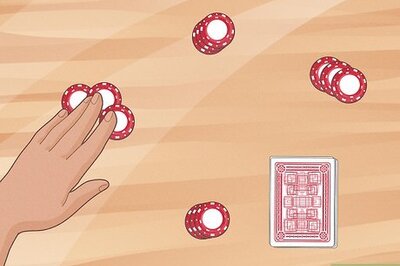

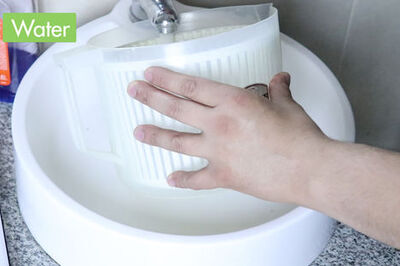
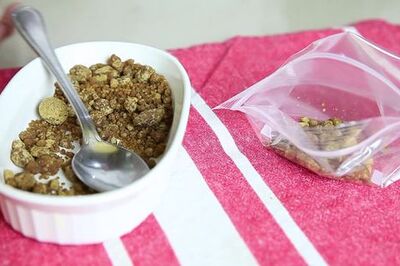
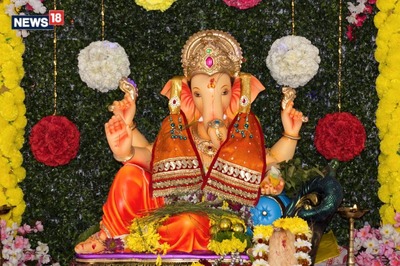
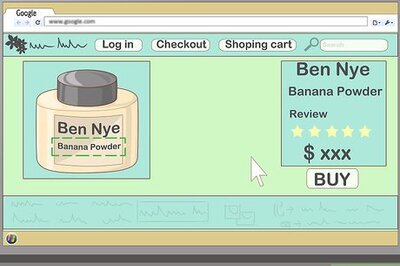


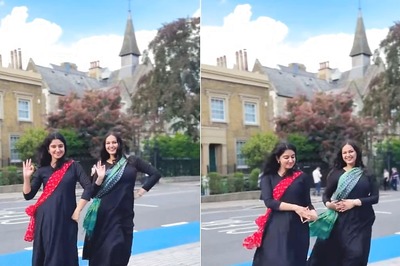

Comments
0 comment